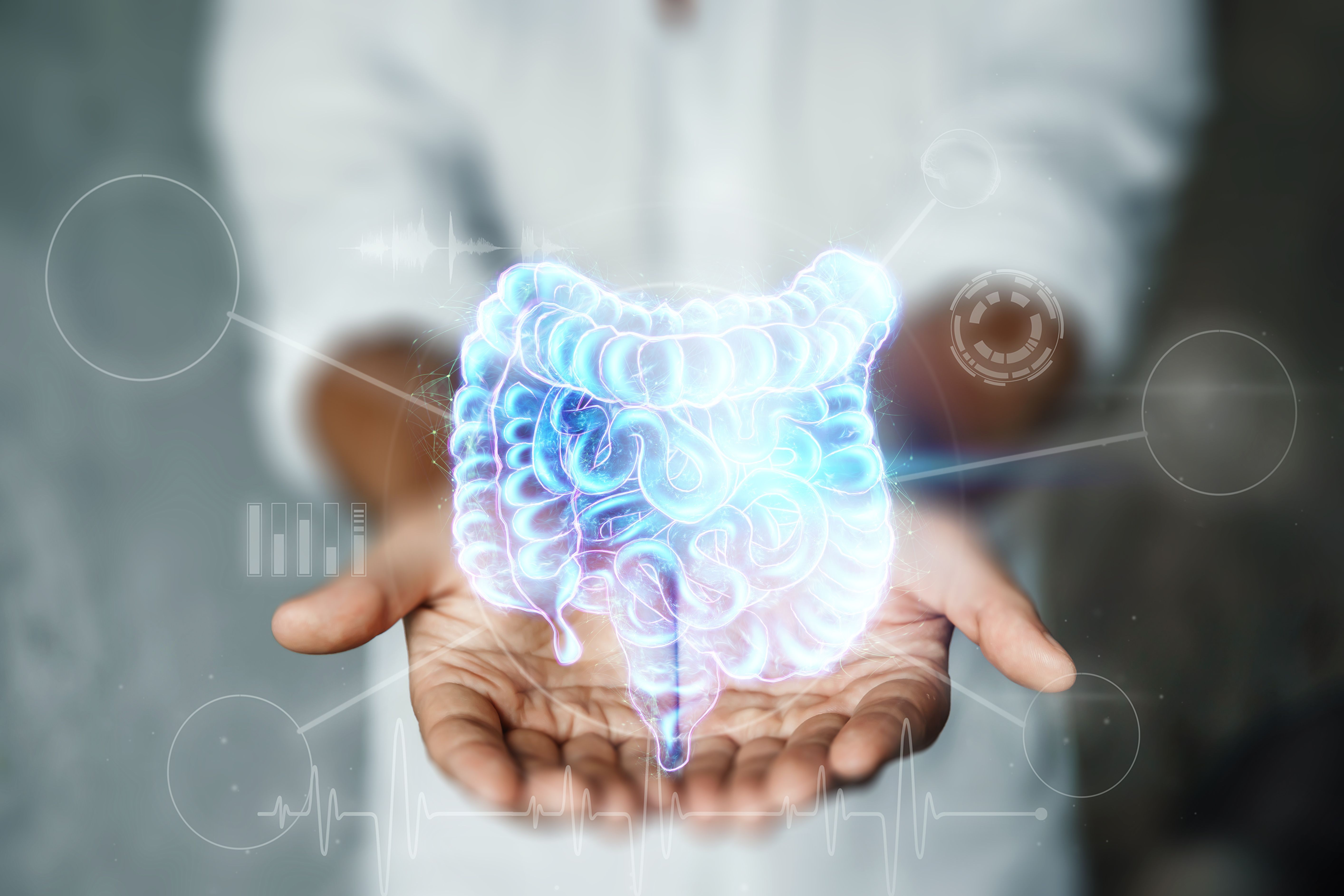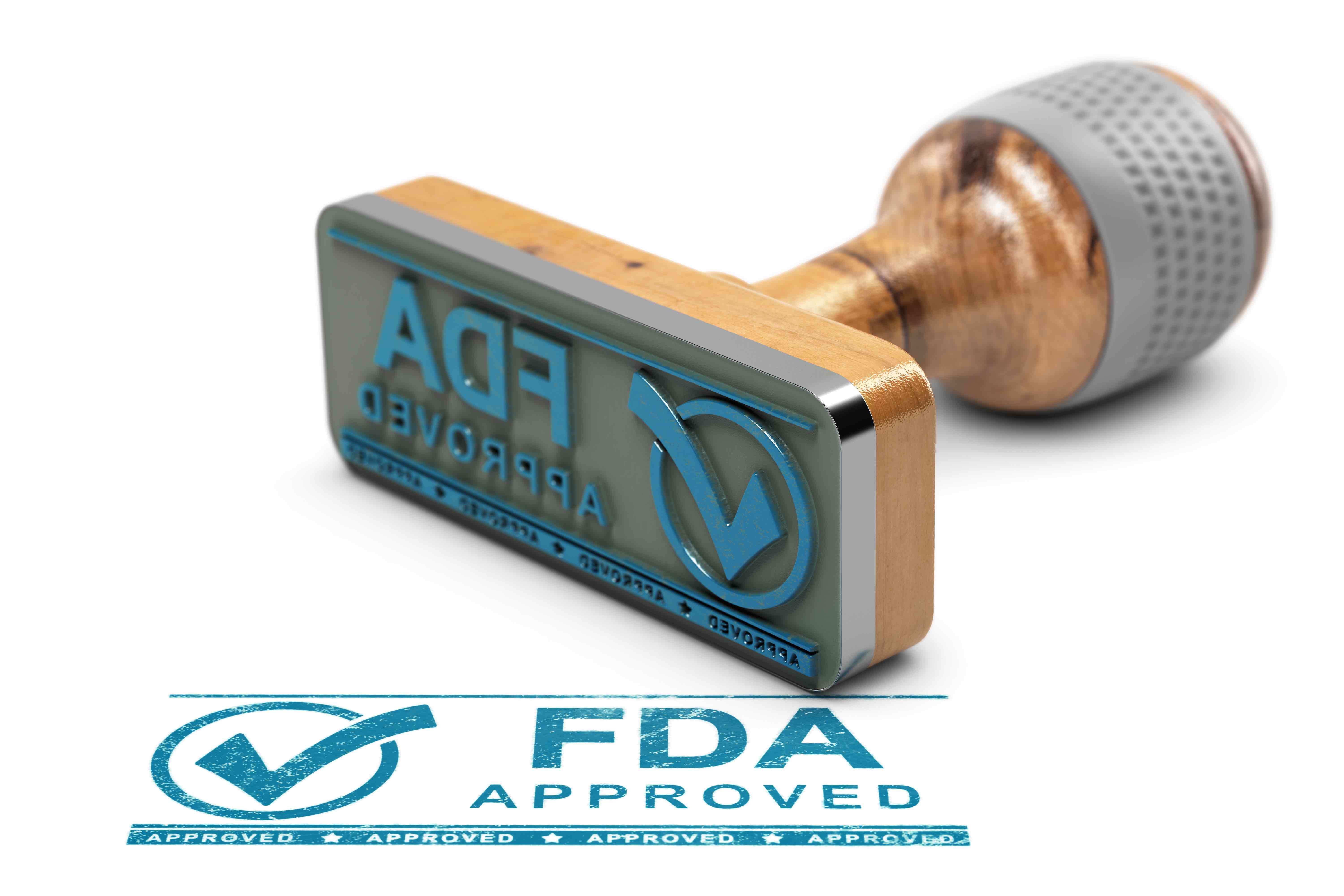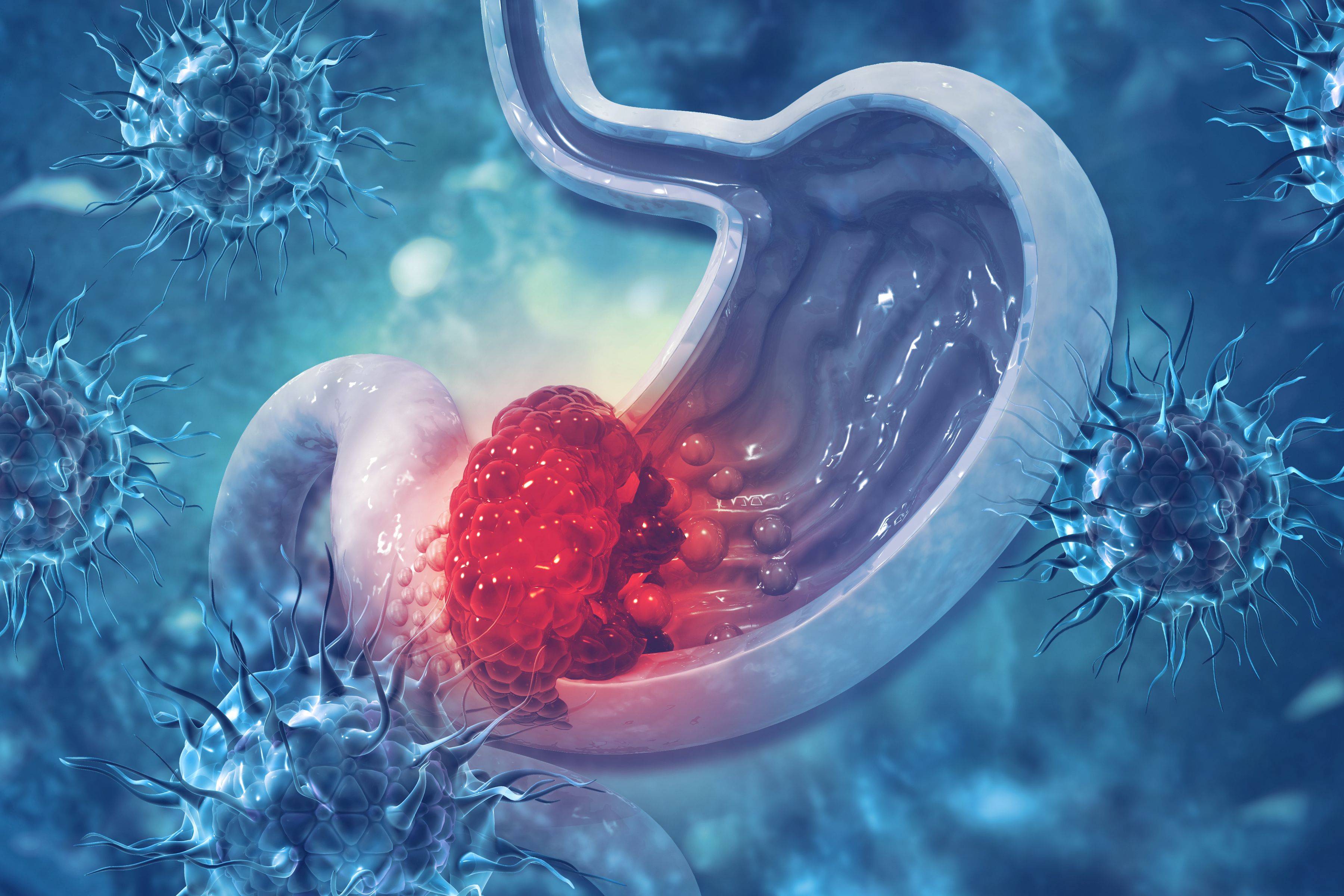News
Article
Challenges in GERD Diagnosis and Treatment: The Need for a Multidisciplinary Approach
Author(s):
Key Takeaways
- Personalized treatment and multidisciplinary approaches are crucial for managing GERD and its subtypes due to their complex nature.
- GERD prevalence varies globally, with increasing cases in younger populations, necessitating tailored management strategies.
A recent review emphasizes the need for personalized treatment strategies and a multidisciplinary approach to effectively manage the various subtypes of gastroesophageal reflux disease (GERD), highlighting the challenges of diagnosis and treatment, particularly in cases with refractory symptoms.
The need for personalized treatment strategies and a multidisciplinary approach to manage the subtypes of gastroesophageal reflux disease (GERD), including nonerosive reflux disease (NERD), reflux hypersensitivity (RH), and functional heartburn (FH), according to a recent review.1
The review, published in Visceral Medicine, was conducted to explore the multifaceted nature of GERD, a common condition that can significantly affect quality of life. It also addressed the challenges in treating GERD, particularly in cases with refractory symptoms, and the necessity of a personalized management approach tailored to each patient's specific symptoms, disease severity, and response to therapy, including new pharmacological and surgical options.
GERD’s prevalence varies globally, ranging from 2.5% to 33% depending on the region. | Image credit: Suttipun - stock.adobe.com

GERD’s prevalence varies globally, ranging from 2.5% to 33% depending on the region,2 and the disease presents with a wide spectrum of clinical manifestations, ranging from typical symptoms like heartburn to atypical ones such as asthma and chronic cough. In the past decade, there has been a notable rise in the number of younger patients with GERD, particularly those aged 30 to 39 years.
NERD is a form of GERD where the esophagus remains undamaged by stomach acid.3 In contrast, typical GERD involves stomach acid leaking into the esophagus, leading to erosion and ulcers. Some health care providers view NERD as a milder variant of GERD that could potentially progress to the erosive form if left untreated. If not addressed, NERD can negatively impact overall digestive health.
The present review underscored the importance of ongoing research and the development of innovative treatments to better manage GERD and its complications.1
GERD/NERD Diagnosis
Diagnosing true NERD is challenging due to varied clinical presentations and pathophysiological changes, requiring precise diagnostic methods like 24-hour impedance-pH testing and Lyon Consensus 2.0 criteria. Inconclusive cases may benefit from additional evidence such as histology, high-resolution manometry, and impedance metrics. Patients with true NERD show a less pronounced symptomatic response to proton pump inhibitors (PPIs) compared to those with erosive esophagitis, though surgery may offer similar short-term benefits for both groups, particularly for those who don't respond well to acid-suppressive treatments.
RH and FH
RH is characterized by chronic heartburn or chest pain without structural issues, linked to increased sensitivity to reflux. Diagnosis follows the Rome IV criteria and involves tests like endoscopy and pH-impedance monitoring. Treatment includes PPIs, histamine-2 receptor antagonists, surgery, and neuromodulators, with mixed results.
FH presents with chronic heartburn without reflux abnormalities, often alongside other functional disorders. It’s diagnosed by excluding other conditions through tests like endoscopy and pH-impedance monitoring. Treatment focuses on reducing hypersensitivity, with limited success from PPIs or surgery. Psychological factors, such as anxiety, are common.
“FH challenges the traditional understanding of acid reflux role in symptom development and requires a peculiar approach to treatment, often focused on reducing esophageal hypersensitivity rather than traditional anti-reflux therapies,” wrote the review authors.
Symptom Overlap Between GERD, Other Subtypes
There is frequent overlap between GERD and functional gastrointestinal disorders like FH, irritable bowel syndrome (IBS), and functional dyspepsia, complicating diagnosis and treatment. Patients with GERD or IBS tend to experience more severe symptoms and lower quality of life, suggesting common mechanisms like visceral hypersensitivity, altered motility, and psychosocial factors. Studies have also shown that many patients with GERD exhibit dyspeptic symptoms, and a significant portion meets criteria for both GERD and other functional disorders, further complicating diagnosis and management.
The authors concluded with recommendations: “The complexity of these conditions and the need for tailored treatment strategies highlight the evolving understanding of esophageal disorders. A multidisciplinary approach involving gastroenterologists, psychologists, and other specialists is pivotal to improve patient outcomes and quality of life.”
References
1. Marabotto E, Pasta A, Calabrese F. The Clinical spectrum of gastroesophageal reflux disease: facts and fictions. Visc Med. 2024;40(5):242-249. doi:10.1159/000536583
2. Yamasaki T, Hemond C, Eisa M, et al. The changing epidemiology of gastroesophageal reflux disease: are patients getting younger? J Neurogastroenterol Motil. 2018;24(4):559–569. doi:10.5056/jnm18140
3. Non-erosive Reflux Disease (NERD). Loyola Medicine. Accessed January 7, 2025. https://www.loyolamedicine.org/services/digestive-health-program/digestive-health-conditions/nerd#:~:text=Overview,Eating%20large%20portions





